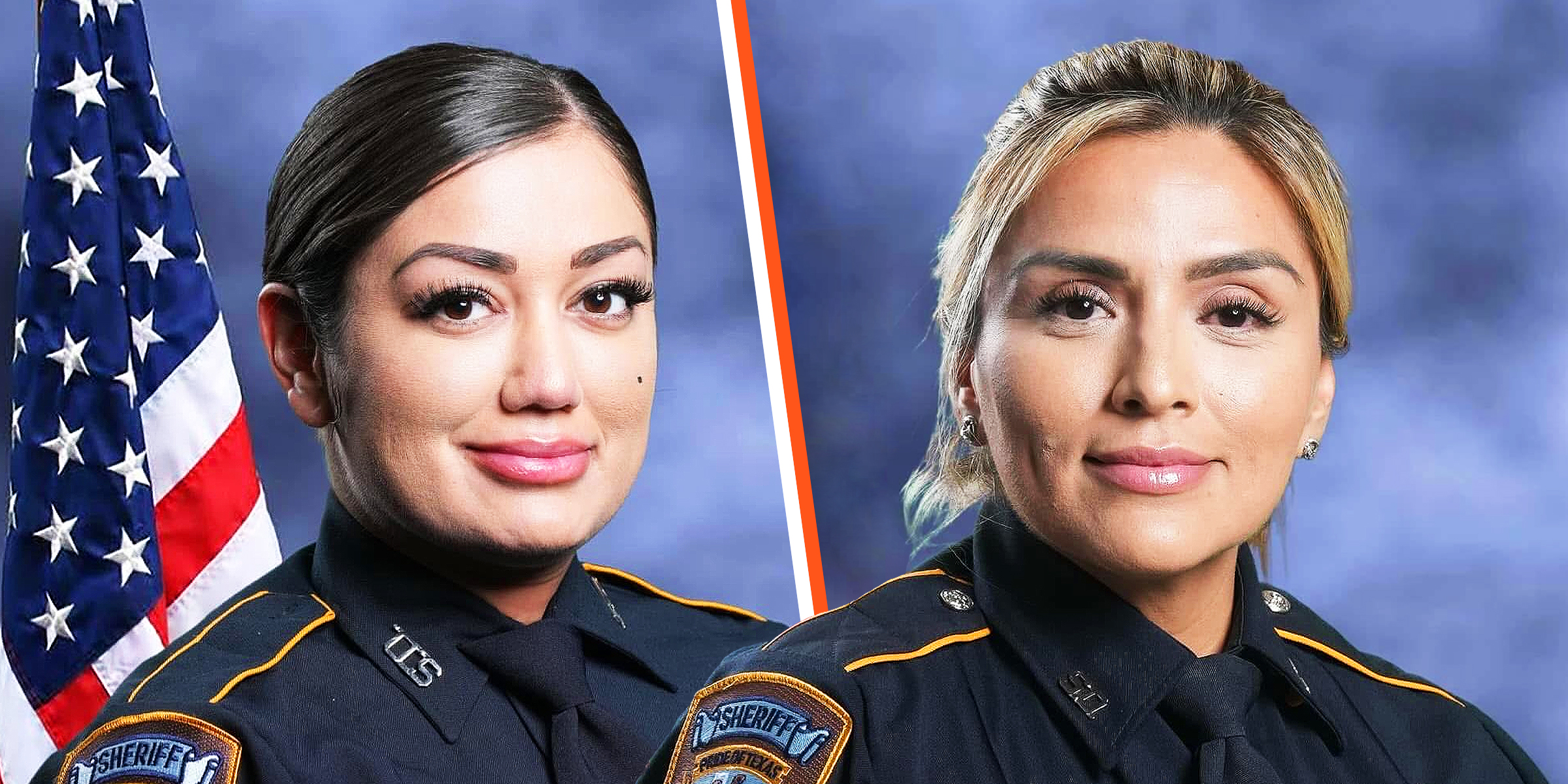
Everything to Know About 4 Deputies from a Texas Police Department Who Died in the Last 6 Weeks
In recent weeks, a Texas law enforcement agency has faced an alarming pattern of losses. As officials work to understand the scope of the crisis, the department is under pressure to evaluate its approach to mental health support for officers.
In the past six weeks, four current and former deputies from the Harris County Sheriff’s Office (HCSO) have died in separate incidents. This has left the department and the community reeling with shock. The circumstances of their deaths, though unrelated by time and location, share a tragic common thread.
As details emerge, the losses raise deeper concerns about the toll of the job, the challenges officers face even after leaving the force, and whether more could have been done to prevent these tragedies. Most people now question the effectiveness of existing mental health resources.
A String of Tragic Losses Within Weeks
The first of the four deaths occurred on February 26, 2025, when 58-year-old Long Nguyen, a former Harris County Sheriff’s Office (HCSO) deputy, was found dead. According to the medical examiner’s report, his death was ruled a suicide.
Little information has been shared about Long’s tenure with HCSO or the events leading up to his passing, but his death marked the beginning of what would become a devastating pattern for the department.
In early March 2025, just days after Long’s death, another former deputy, William Bozeman, was also found dead in similar circumstances. While little information has been released about his career or the details surrounding his passing, his death deepened concerns about the well-being of both current and former HCSO personnel.
Then, on March 12, 2025, the department issued a Houston Regional CLEAR Alert for Deputy Christina Kohler, 37, after she was reported missing. Authorities classified her disappearance as a “credible threat to her own health and safety.”
The following day, on March 13, Christina was found dead. The medical examiner confirmed her death as a suicide. Christina had served with HCSO since 2018 and was most recently assigned as a bailiff in the 182nd District Court.
Her colleagues described her as a dedicated officer, and her sudden passing left those who knew her in shock. HCSO confirmed her death in a public statement, offering condolences and announcing that mental health and peer support services were being made available to grieving deputies.
Tragedy struck again just three days later. On March 16, 2025, former Deputy Maria Vasquez, 42, was found dead at her home on Almeda Genoa Road in Houston. Maria had left the department in December 2024, but despite her recent departure, her passing deeply affected those who had worked alongside her.
In the wake of Christina and Maria’s deaths, HCSO’s Community Engagement Division honored both women in a statement. “Heaven has gained two beautiful angels. May their memory be a blessing, inspiring strength and comfort to their friends, family, and coworkers during this challenging time,” it read.
With four suicides in just six weeks, the department found itself facing a crisis that extended far beyond individual cases.
The Mental Health Crisis in Law Enforcement
The deaths of four current and former Harris County Sheriff’s Office (HCSO) deputies reflect a larger issue that has long affected law enforcement. Studies show that officers face higher suicide rates than the general population, yet mental health struggles in the profession often go unaddressed.
A 2023 report by the U.S. Fire Administration revealed that 58% of first responder suicides in the U.S. involved law enforcement officers. Between 2016 and 2022, at least 1,287 officers and correctional staff died by suicide.
More than half (51%) of these suicides occurred within local police departments, while 20% involved sheriff’s offices like HCSO. Despite growing awareness, many officers hesitate to seek help due to fear of professional consequences.
Dr. Ron Acierno, director of the Trauma and Resilience Center at UTHealth Houston, explained that law enforcement officers often avoid mental health services because of stigma. “Much like the veteran community, the idea is to tough it out,” he said. “They either don’t know help is available or don’t believe it will work.”
His center offers a statewide, free mental health program for first responders, including remote therapy sessions lasting 12 to 15 weeks. However, experts say that more needs to be done to normalize mental health treatment within law enforcement and ensure that officers receive early intervention before reaching a crisis point.
The Lasting Toll on Officers and Their Families
For many in law enforcement, the pressure of the job builds over time, leaving lasting effects on both officers and their loved ones. Paul Bruce, a District 5 Patrol Commander with the Harris County Sheriff’s Office (HCSO), knows this firsthand.
His late brother, Christopher Bruce, was an officer with the Houston Police Department, and like many in their field, he struggled with the weight of what he witnessed on duty. As a night watch commander, Paul often worked the same shifts as Christopher.
Together, they would respond to some of the most violent and traumatic crime scenes in the area. Christopher’s wife, Melissa Bruce, recalled how he once worked seven different scenes in a single night, each one exposing him to the worst of human tragedy.
“Going from scene to scene, seeing the worst situations and the worst in people,” she said. “The whole time, you’re in fight-or-flight mode. And the only time you have away from it is when you’re in your patrol car alone.”
Over time, the repeated exposure to trauma began to take its toll. Paul remembered making a casual joke one day, only for Christopher to respond by saying he didn’t know what “dark place” he was in.
When Paul asked if he needed help, Christopher insisted he wasn’t suicidal. However, he also admitted that he was feeling overwhelmed. Christopher later called Paul and confessed that he couldn’t handle the stress anymore.
He worried that he might be suffering from post-traumatic stress disorder (PTSD) and wanted out of his position. But like many officers, he was hesitant to seek help. He was aware that past mental health policies in law enforcement had discouraged openness.
“In the past, if you even hinted that you needed help, the department would overreact,” Paul said. “They’d take away your gun and make you go to psych. The generation then and after don’t trust the agencies. They’re afraid it might affect the license and affect their job.”
Then, in 2022, Melissa came home to find that Christopher had died by suicide. In the aftermath, she realized how little support existed for families of officers who take their own lives. “If someone passes away in the line of duty, they get support from the state,” she said. “They have all these resources to help them. I didn’t have that.”
The Bruce family’s experience reflects a broader issue within law enforcement — many officers fear that acknowledging their struggles will result in career consequences, leaving them to suffer in silence.
As the recent suicides at HCSO have shown, these concerns continue to impact both active and retired officers, reinforcing the need for stronger mental health initiatives and policy changes.
How HCSO Is Responding to the Tragedies
Following the recent tragedies, the Harris County Sheriff’s Office (HCSO) has been forced to reevaluate its approach to mental health support. The department’s Behavioral Health Division, which was established in 2020, has played a key role in offering resources.
Nevertheless, the recent losses have intensified discussions about whether current efforts are enough. Dr. Thomas McNeese, director of the division, acknowledged the emotional toll that law enforcement takes on its officers.
“This profession, unfortunately, takes a toll on people,” he said. “Over time, the longer you’re in it, the more of a toll it takes, and it changes people.” The division currently consists of three master-level clinicians, three psychologists, and two administrative staffers.
However, Dr. McNeese admitted that the team is too small to meet the growing need. He emphasized that when an officer dies by suicide, the impact falls on the entire department, affecting both colleagues and the broader law enforcement community.
“Something like this has ripple effects you don’t realize for years,” he said. HCSO has worked to integrate peer support services into its mental health program, allowing deputies to speak with colleagues who understand the pressures of the job.
Jose Lopez, president of the Harris County Deputies’ Organization FOP #39, acknowledged that these recent tragedies have raised difficult questions. “One is too many. Two? Three? Yes, it’s definitely devastating,” he said. “We can’t help but ask, is what we’re doing enough?”
Sheriff Ed Gonzalez also addressed the department’s grief, stating, “Our hearts are heavy. This is a painful reminder that life is fragile and time is not promised.”
With HCSO leaders, mental health professionals, and law enforcement organizations reflecting on these tragedies, the conversation around mental health in policing has never been more urgent.
If you or someone you know is considering suicide, please contact the National Suicide Prevention Lifeline at 1-800-273-TALK (8255), text “help” to the Crisis Text Line at 741-741, or go to suicidepreventionlifeline.org.


